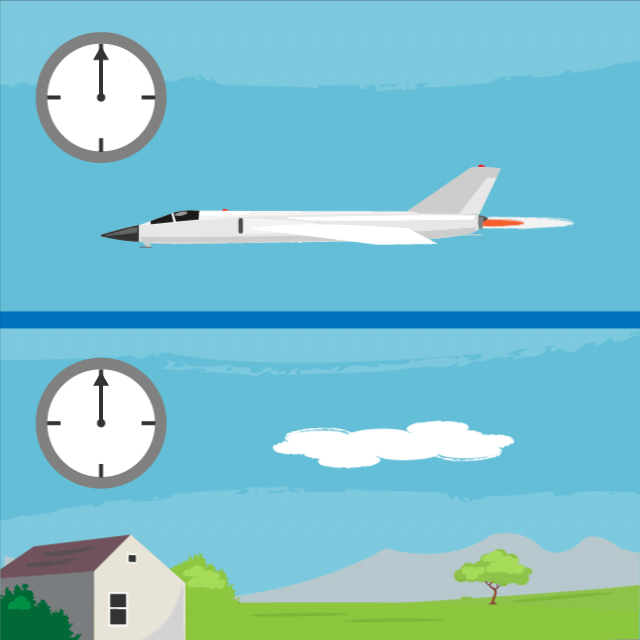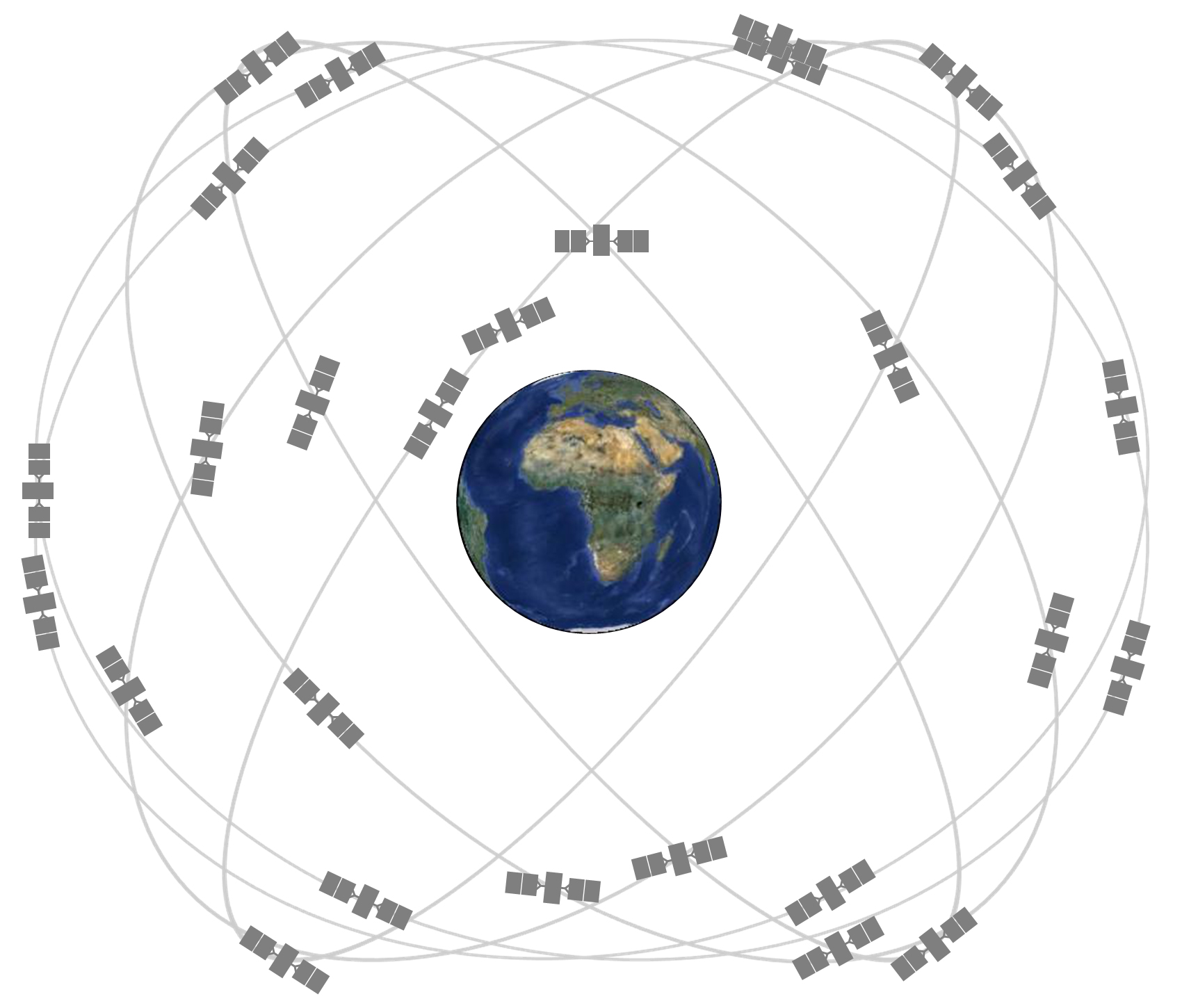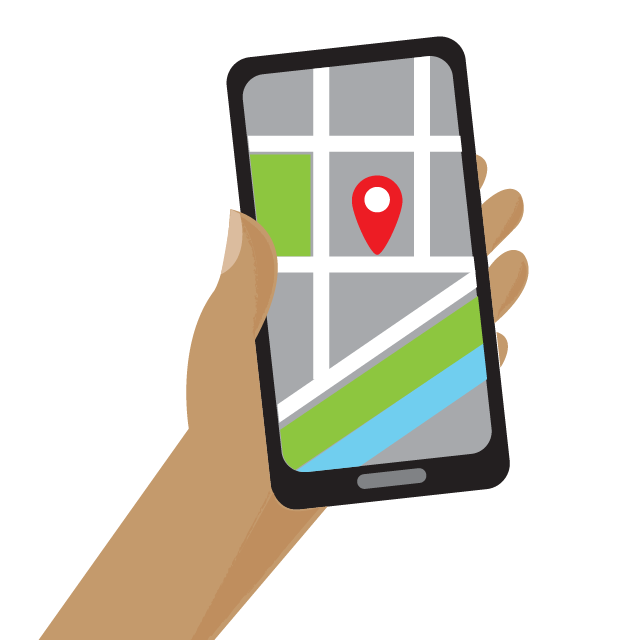Subscribe To Fun As

Is Time Travel Possible?
The Short Answer By Nasa
Although humans can't hop into a time machine and go back in time, we do know that clocks on airplanes and satellites travel at a different speed than those on Earth.
If time travel were possible, it would mean that you could go back in time and change things that have already happened. For example, you could go back and warn your younger self about a mistake you made, or you could go back and stop a crime from happening. But it would also mean that the future is not set in stone, and that everything could change at any moment. This would make it very hard to plan for the future, because you would never know what was going to happen next. Time travel is a fascinating concept, and it is one of the most popular topics in science fiction. This would make it very difficult to plan for the future, because you would never know what was going to happen. This could be both good and bad, depending on what you changed. This would be both good and bad, but it is something that we would have to get used to.
We all travel in time! We travel one year in time between birthdays, for example. And we are all traveling in time at approximately the same speed: 1 second per second.
We typically experience time at one second per second. Credit: NASA/JPL-Caltech
NASA's space telescopes also give us a way to look back in time. Telescopes help us see stars and galaxies that are very far away. It takes a long time for the light from faraway galaxies to reach us. So, when we look into the sky with a telescope, we are seeing what those stars and galaxies looked like a very long time ago.
However, when we think of the phrase "time travel," we are usually thinking of traveling faster than 1 second per second. That kind of time travel sounds like something you'd only see in movies or science fiction books. Could it be real? Science says yes!
Image Credit :- britannica.com
How do we know that time travel is possible?
More than 100 years ago, a famous scientist named Albert Einstein came up with an idea about how time works. He called it relativity. This theory says that time and space are linked together. Einstein also said our universe has a speed limit: nothing can travel faster than the speed of light (186,000 miles per second).
Einstein's theory of relativity says that space and time are linked together. Credit: NASA/JPL-Caltech
What does this mean for time travel? Well, according to this theory, the faster you travel, the slower you experience time. Scientists have done some experiments to show that this is true.
For example, there was an experiment that used two clocks set to the exact same time. One clock stayed on Earth, while the other flew in an airplane (going in the same direction Earth rotates).
After the airplane flew around the world, scientists compared the two clocks. The clock on the fast-moving airplane was slightly behind the clock on the ground. So, the clock on the airplane was traveling slightly slower in time than 1 second per second.
Credit: NASA/JPL-Caltech
Can we use time travel in everyday life?
We can't use a time machine to travel hundreds of years into the past or future. That kind of time travel only happens in books and movies. But the math of time travel does affect the things we use every day.
For example, we use GPS satellites to help us figure out how to get to new places. (Check out our
video about how GPS satellites work.) NASA scientists also use a high-accuracy version of GPS to keep track of where satellites are in space. But did you know that GPS relies on time-travel calculations to help you get around town?
GPS satellites orbit around Earth very quickly at about 8,700 miles (14,000 kilometers) per hour. This slows down GPS satellite clocks by a small fraction of a second (similar to the airplane example above).
GPS satellites orbit around Earth at about 8,700 miles (14,000 kilometers) per hour. Credit: GPS.gov
However, the satellites are also orbiting Earth about 12,550 miles (20,200 km) above the surface. This actually speeds up GPS satellite clocks by a slighter larger fraction of a second.
Here's how: Einstein's theory also says that gravity curves space and time, causing the passage of time to slow down. High up where the satellites orbit, Earth's gravity is much weaker. This causes the clocks on GPS satellites to run faster than clocks on the ground.
The combined result is that the clocks on GPS satellites experience time at a rate slightly faster than 1 second per second. Luckily, scientists can use math to correct these differences in time.
Credit: NASA/JPL-Caltech
If scientists didn't correct the GPS clocks, there would be big problems. GPS satellites wouldn't be able to correctly calculate their position or yours. The errors would add up to a few miles each day, which is a big deal. GPS maps might think your home is nowhere near where it actually is!
In Summary:
Yes, time travel is indeed a real thing. But it's not quite what you've probably seen in the movies. Under certain conditions, it is possible to experience time passing at a different rate than 1 second per second. And there are important reasons why we need to understand this real-world form of time travel.
Article Credits :- Ai & https://spaceplace.nasa.gov/time-travel/en/
Image Credit of nebula : - britannica.com







